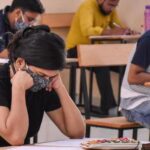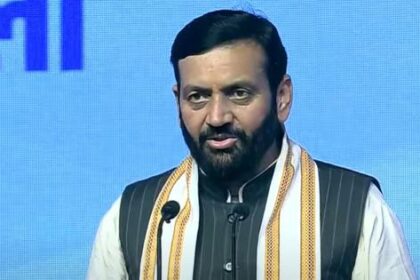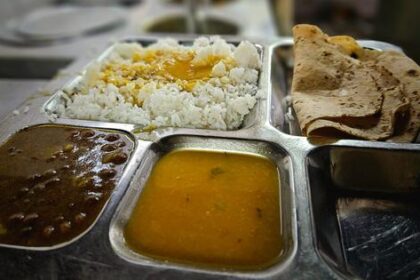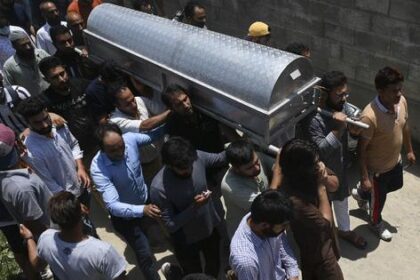Court orders state government to respond to petitions against Kunbi status within four weeks.
The Bombay High Court has chosen not to grant a stay on the resolution issued by the Maharashtra government on September 2, which confers Kunbi status to Marathas residing in the Marathwada region. This decision was reported by Live Law. A division bench comprising Chief Justice Shree Chandrashekhar and Justice Gautam Ankhad mandated that the state’s Social Justice Department must respond to the petitions challenging this resolution within a four-week timeframe.
The Kunbis are recognized as a sub-caste within the broader Maratha community and are categorized under the Other Backward Classes. The court’s session was prompted by a series of petitions submitted by members of various Other Backward Classes, who argued that granting Kunbi certificates to Marathas could create a loophole, potentially allowing the Maratha community to secure reservations under this classification.
Petitioners sought an interim stay on the resolution, emphasizing the impending civic elections across Maharashtra. They contended that the resolution could enable ineligible individuals to obtain certificates that would permit them to contest seats designated for reserved categories. Counsel for the petitioners warned that such a development could lead to an irreversible situation.
In the context of the state’s electoral timeline, the Supreme Court has established January 31, 2026, as the deadline for conducting local body elections in Maharashtra. The state government’s resolution followed a five-day protest led by Maratha quota activist Manoj Jarange, who had staged a hunger strike beginning August 29 at Mumbai’s Azad Maidan. His protest aimed to reiterate demands for reservations in government jobs and education for the Maratha community under the Other Backward Classes category.
The call for reservations for the Maratha community re-emerged in 2023, largely due to Jarange-Patil’s activism. This movement has been marked by instances of violence, suicides, and political resignations. Earlier in February 2024, the Maharashtra Legislature passed a bill that proposed a 10% reservation for Marathas in education and government jobs. This new quota would supplement the existing 52% reservation, which already includes a 10% provision for the Economically Weaker Section.
In August 2024, the Maharashtra State Backward Class Commission defended the 10% quota recommendation for Marathas before the High Court, stating that the community had been marginalized within mainstream society. This proposed quota mirrors the 16% reservation for Marathas under the Other Backward Classes category that was introduced in 2018 by the then ruling coalition of the Bharatiya Janata Party and the Shiv Sena. However, the Supreme Court intervened in 2021, halting this decision due to concerns regarding the constitutionally mandated 50% cap on total reservations.
According to the court, there were no exceptional circumstances in Maharashtra that justified breaching this cap on reservations. Jarange-Patil has maintained that any reservations for Marathas should be categorized under the Other Backward Classes to avoid exceeding the constitutional ceiling, which would likely face judicial challenges. The protest in September marked the ninth mobilization led by Jarange-Patil in the past two years, underscoring the ongoing struggle for reservation rights within the Maratha community.








